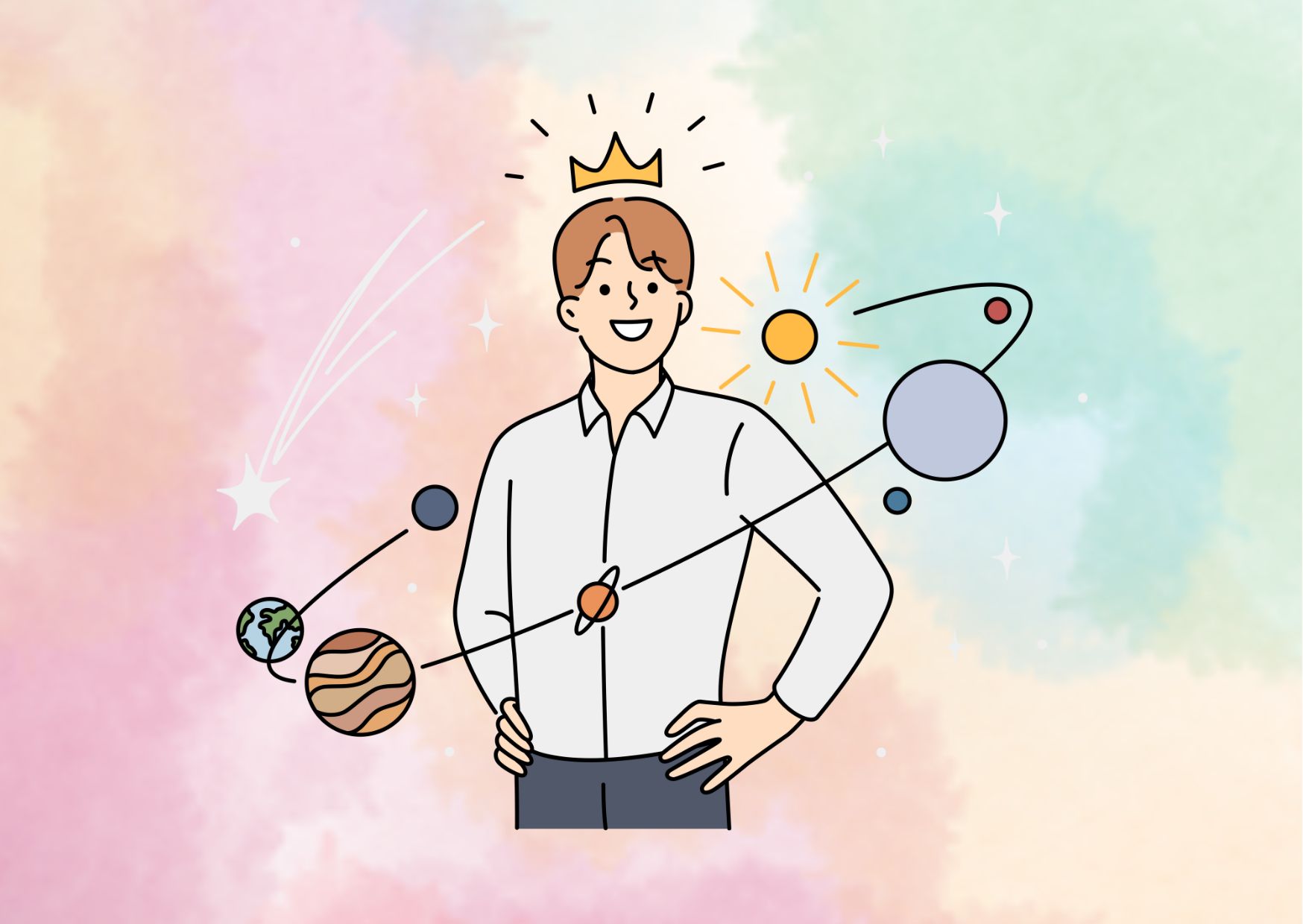Cultivating Empathy
Increasing empathy is a key component of learning how to stop being selfish. By developing empathy, we become more attuned to the feelings and experiences of others, allowing us to foster deeper connections and build healthier relationships.
1. Active Listening
One of the most effective ways to cultivate empathy is through active listening. When engaging in conversation, make a conscious effort to fully focus on the other person without interrupting or formulating responses in your mind. By actively listening, you demonstrate genuine interest and validate the other person’s thoughts and emotions.
2. Putting Others’ Needs First
Putting others’ needs before your own is a powerful way to increase empathy and break free from selfish tendencies. Practice prioritizing the wants and desires of others, and find joy in supporting and helping them achieve their goals. By doing so, you not only strengthen your relationships but also experience the fulfillment that comes from selflessness.
3. Practicing Perspective-Taking
Perspective-taking involves mentally putting yourself in someone else’s shoes and trying to understand their thoughts, feelings, and experiences. This exercise helps you develop a deeper sense of empathy and compassion, allowing you to respond to others with understanding and kindness.
4. Expressing Gratitude
Expressing gratitude is another effective way to cultivate empathy. Take the time to acknowledge and appreciate the efforts and contributions of others. By expressing gratitude, you not only strengthen your relationships but also develop a greater awareness of the positive impact others have on your life.
Suggestion for read: How to Stop Parenting Your Partner
Stop Being Selfish
Overcoming selfishness requires self-reflection, intentionality, and a commitment to change. Here are some strategies to help you on your journey towards becoming less selfish:
1. Self-Reflection
Start by reflecting on your own behaviors and attitudes. Take an honest look at how your selfishness may be affecting your relationships and overall well-being. Acknowledge any patterns or tendencies that contribute to your self-centeredness.
2. Setting Boundaries
While it’s important to prioritize the needs of others, it’s equally important to set healthy boundaries. Establish clear boundaries that protect your own well-being and prevent others from taking advantage of your kindness.
3. Practice Self-Care
Taking care of yourself is essential for your overall well-being. However, self-care should not be confused with selfishness. Find a balance between meeting your own needs and being considerate of others. Engage in activities that recharge and rejuvenate you, allowing you to show up as your best self in your relationships.
4. Seek Support
If you’re struggling to overcome selfishness on your own, consider seeking support from a therapist or counselor. Online counseling and psychotherapy can provide you with the guidance and tools necessary to navigate your self-centered tendencies and develop healthier relationship patterns.
Conclusion
Learning how to stop being selfish is a journey of self-discovery and personal growth. By increasing empathy, practicing selflessness, and seeking support when needed, you can break free from the grip of selfishness and cultivate healthier, more fulfilling relationships. At Inquire Talk, our dedicated therapists are here to support you on this journey towards improved mental well-being. Contact us today to begin your transformation towards a more selfless and meaningful life.
It’s never too late to change and become the best version of yourself. Start today and embrace the power of selflessness in your relationships and in your own personal growth. At Inquire Talk, we understand the importance of mental health and well-being. Our passionate therapists are dedicated to providing online counseling, therapy, and psychotherapy to individuals seeking support and assistance. With our expertise in CBT and other evidence-based approaches, we are committed to helping you overcome challenges, develop coping skills, and improve your mental well-being. Contact us today to begin your journey towards a happier and more fulfilling life.
Here are few certified therapists who you can get in touch and book a therapy session with:
Heather MacFarlane
Ellie Mackay
Alva Spencer
